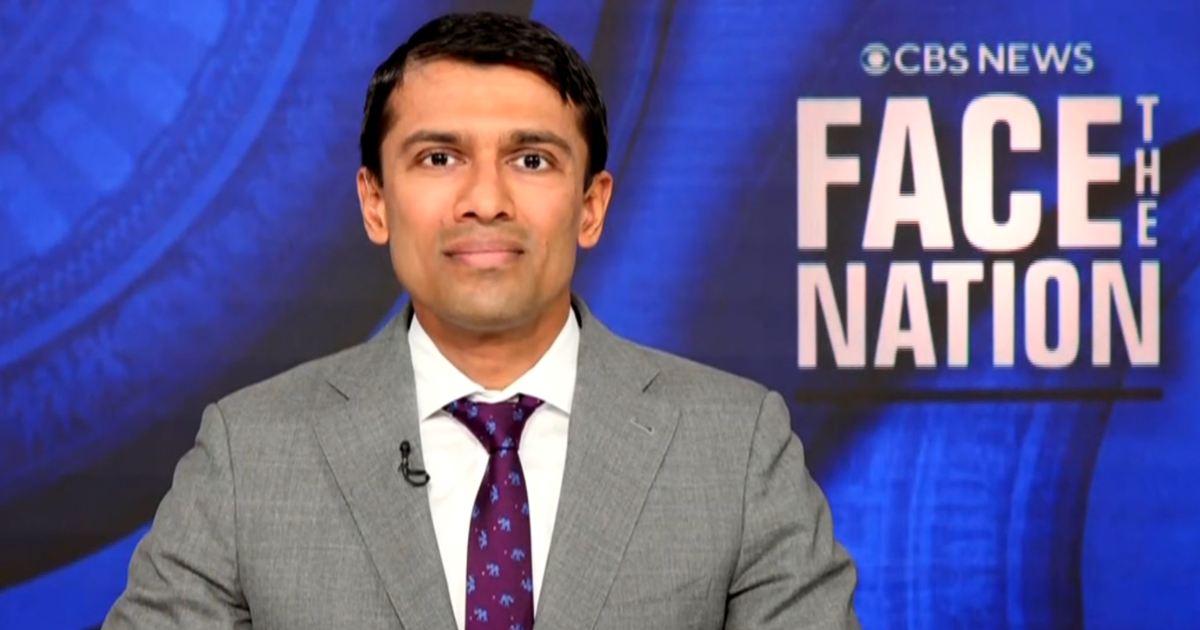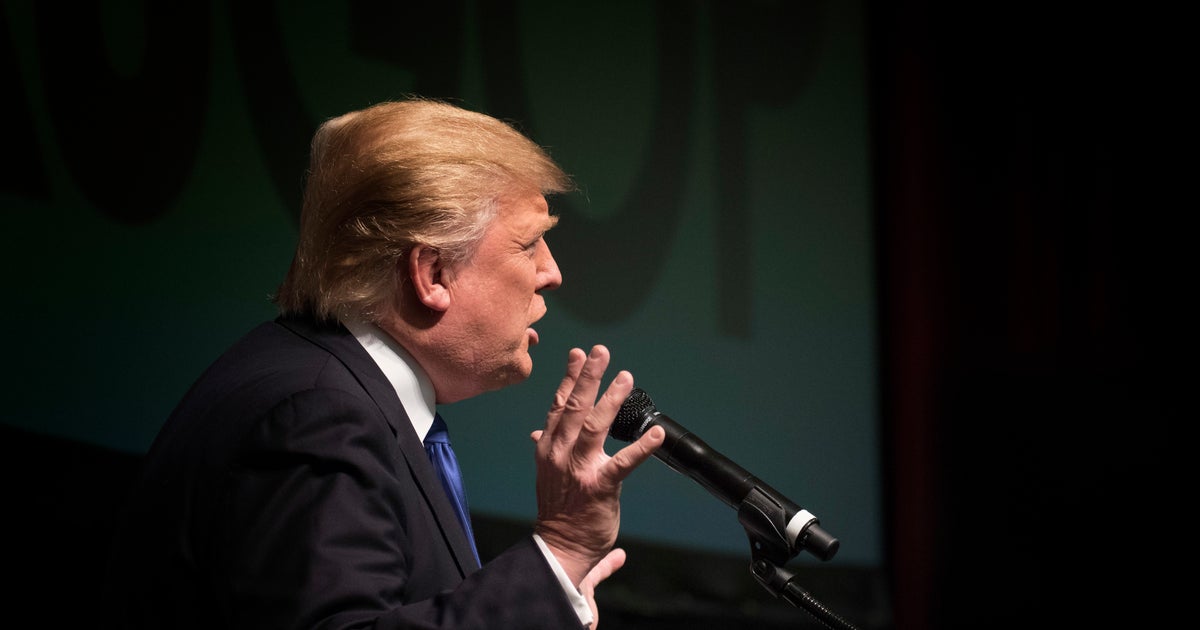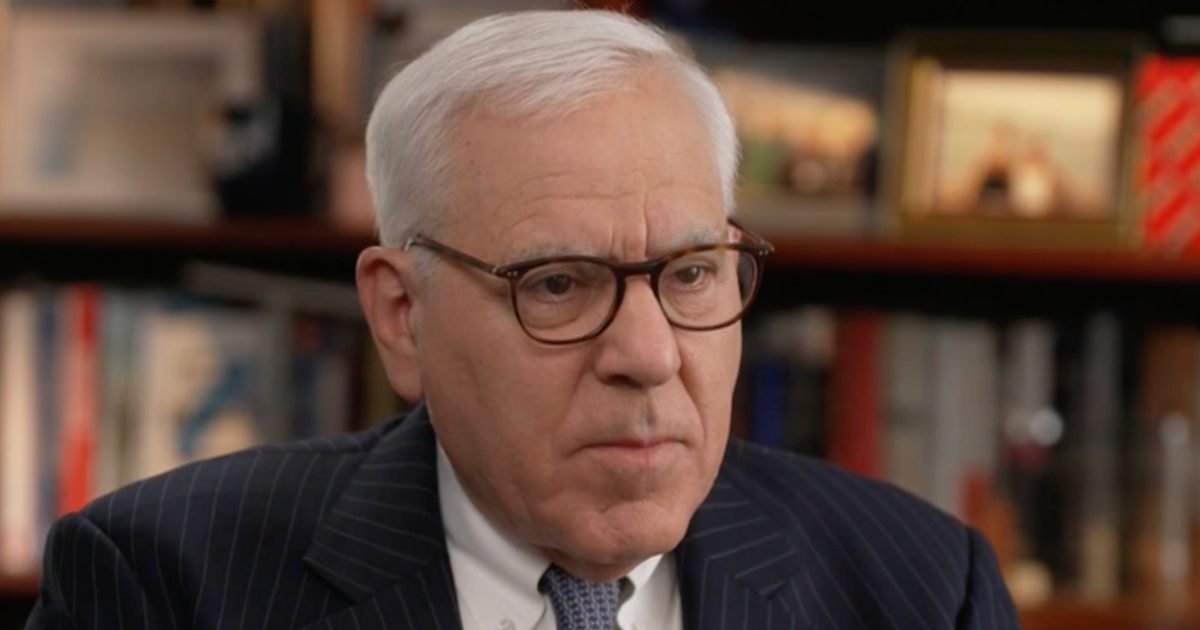Swalwell says Trump's "extortion scheme" on Ukraine at center of impeachment inquiry
Washington — California Congressman Eric Swalwell, a Democrat on the House Intelligence Committee, said lawmakers have amassed enough evidence through hours of testimony from current and former administration officials to prove President Trump participated in an "extortion scheme" to pressure the Ukrainian government.
"We have enough evidence from the depositions that we've done to warrant bringing this forward, evidence of an extortion scheme, using taxpayer dollars to ask a foreign government to investigate the president's opponent," Swalwell said on "Face the Nation" Sunday.
The recent efforts by Swalwell and other House Democrats to portray the allegations as "extortion" is a shift from their emphasis on a "quid pro quo" as the public phase of their inquiry approaches.
Criticism surrounding Mr. Trump's efforts to enlist the help of the Ukrainian government in targeting the Biden family has largely centered on the allegation that the president withheld military aid and a coveted White House meeting unless the Ukrainian government announced investigations.
White House acting chief of staff Mick Mulvaney has conceded that there was some level of a quid pro quo arrangement, but with the objective of pursuing an anti-corruption investigation in Ukraine — not one designed specifically to damage former Vice President Joe Biden. Some of the president's Republican allies in Congress have also maintained that quid pro quo deals are an integral and ordinary part of international diplomacy.
Extortion, on the other hand, entails a person or party forcing someone to do something through coercion and threats. The term is also more widely understood than quid pro quo, a Latin phrase meaning "this for that."
Congressman Jim Himes of Connecticut, another Democrat in the House Intelligence Committee, went even further than Swalwell, seeming to push aside the quid pro quo accusation.
"I have two problems with quid pro quo," Himes said on NBC's "Meet the Press" Sunday. "Number one, when you're trying to persuade the American people of something that is really pretty simple, which is that the president acted criminally and extorted in the way a mob boss would extort somebody, a vulnerable foreign country, it's probably best not to use Latin words to explain it."
Himes suggested the distinction between quid pro quo and extortion will be key as public hearings in the impeachment inquiry start on Wednesday.
"What they're going to hear is they are going to hear immensely patriotic, beautifully articulate people telling a story of a president who — let's forget quid pro quo, quid pro quo is one of these things to muddy the works — who extorted a vulnerable country by holding up a military aid," he said.
In addition to authorizing public hearings, the resolution passed by the Democratic-led House late last month to formalize the impeachment inquiry allows Republican lawmakers to request their own witnesses, though Democrats still maintain the final say. On Saturday, California Congressman Devin Nunes, the top Republican on the House intelligence panel, listed a group of individuals his party would like to hear from, including the whistleblower who made the initial complaint of Mr. Trump's dealings with Ukraine and Hunter Biden.
Swalwell on Sunday dismissed the possibility of Democrats signing off on the Republican request to have Biden testify during a public hearing. "We don't want to revisit conspiracy theories," he said.
"I don't see any relevancy with the Bidens," he added. "There's no evidence that anything improper has happened and witnesses have been asked about the Bidens and said that Vice President Biden ... conducted himself with integrity."




